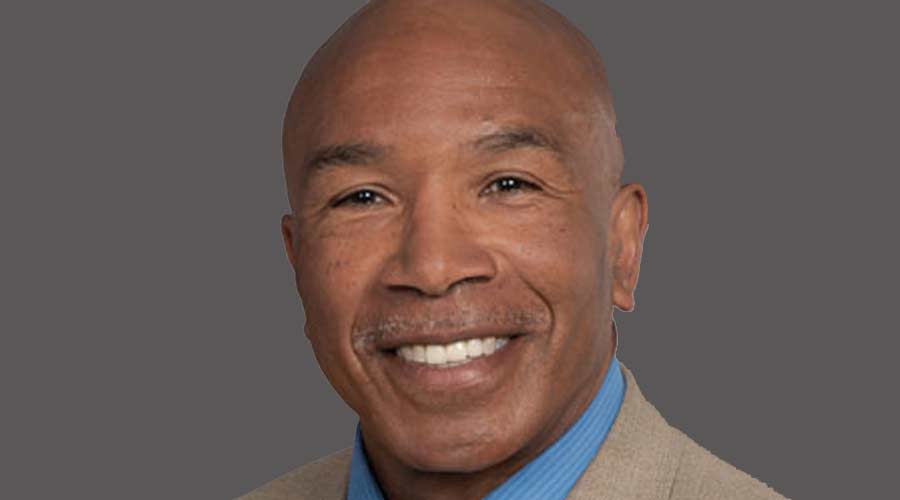
At some point in everyone’s life, there will be a time when healing needs to take place. Whether it’s after a conflict with someone, a hurtful experience, or a loss/disappointment, healing is part of the human experience. After examining the Servant Leadership values of Active Listening and Empathy in my first two columns, the third principle is Healing — a process that requires self-awareness and mindfulness.
If a leader needs healing from a personal or workplace issue and it goes unresolved, then it could hinder their ability to help their team to heal from issues when they occur. I firmly believe that it is a good leader’s responsibility to pay attention to their own personal feelings or grudges within their team.
Case in point: In 1993, I went through a very difficult divorce and thought I could compartmentalize my personal life from work at the University of Washington. There were times when my mind drifted away from my work responsibilities to my personal challenges. My co-workers noticed that I was more serious than usual and that the quality of my input and attentiveness in resolving issues was not what they were accustomed to.
While I was going through it, I didn’t disclose my pending divorce to my colleagues. As time went on, I realized that I needed to be more aggressive in improving my attitude or it could negatively affect my leadership.
I began attending counseling sessions that helped to guide me toward helping my family heal. I improved my exercise regimen, which reduced my stress. I also let my colleagues know what I was going through. When I was able to do this, I began to feel better mentally and emotionally — and I felt supported. When I made my healing a priority, I was back on track with leading my team as a servant.
Another example came in 1997, when we began gradually changing our cleaning schedules from the evening shift to an early day shift. We accomplished this by granting transfer requests to people who preferred the early day shift and would volunteer for it. All new hires after 1997 were assigned to the dayshift. We implemented this significant operational change without any issues until 2010 — when we had two-thirds of the department on dayshifts and the remainder still on swing shift. It was ineffective operationally, and there were negative budgetary implications with this division of schedules.
We decided that the remaining people on the swing shift would be required to work the dayshift schedule after 90 days. These were very long-term employees who quickly expressed how this work shift change would create major hardships in their lives. The entire university seemed to get involved in the discussion, and most were for not forcing people to change to dayshift.
There were angry words exchanged. I was criticized vehemently on picket signs, as were some of my managers who felt that their safety was threatened. There were protests at my office, as well as at university meetings.
How could we heal from this? We listened carefully and sought to address every hardship that was expressed. The leadership remained respectful to the team’s criticism and some of the harsh language. We did not become defensive or argumentative. It took some time, but we moved back to being a unified department and most people who had criticized us apologized — which went a long way toward our collective healing.
Managers looking to implement collective healing in the workplace to solve tensions or disputes should consider the following:
TIPS
1) Compromise at every opportunity.
2) Ask what you could do to mend the relationship.
3) Appreciate and value others’ perspective.
4) Trust that people are doing their best even during conflicts.
5) Agree on solutions that can help restore the relationship.
6) Adapt and learn that your role as a leader is to be a healer.
Gene Woodard, R.E.H., spent more than 45 years in the cleaning industry, retiring as the director of building services at the University of Washington, before which he spent almost a decade at Emanual Hospital in Portland, Oregon. Gene was also a founding member of the Healthy Green Schools & Colleges Steering Committee and served for many years as an advisory board member of Facility Cleaning Decisions magazine.

 The Down and Dirty on Cleaning in Virus Season
The Down and Dirty on Cleaning in Virus Season How Surfactant Use is Expanding in Commercial Cleaning
How Surfactant Use is Expanding in Commercial Cleaning